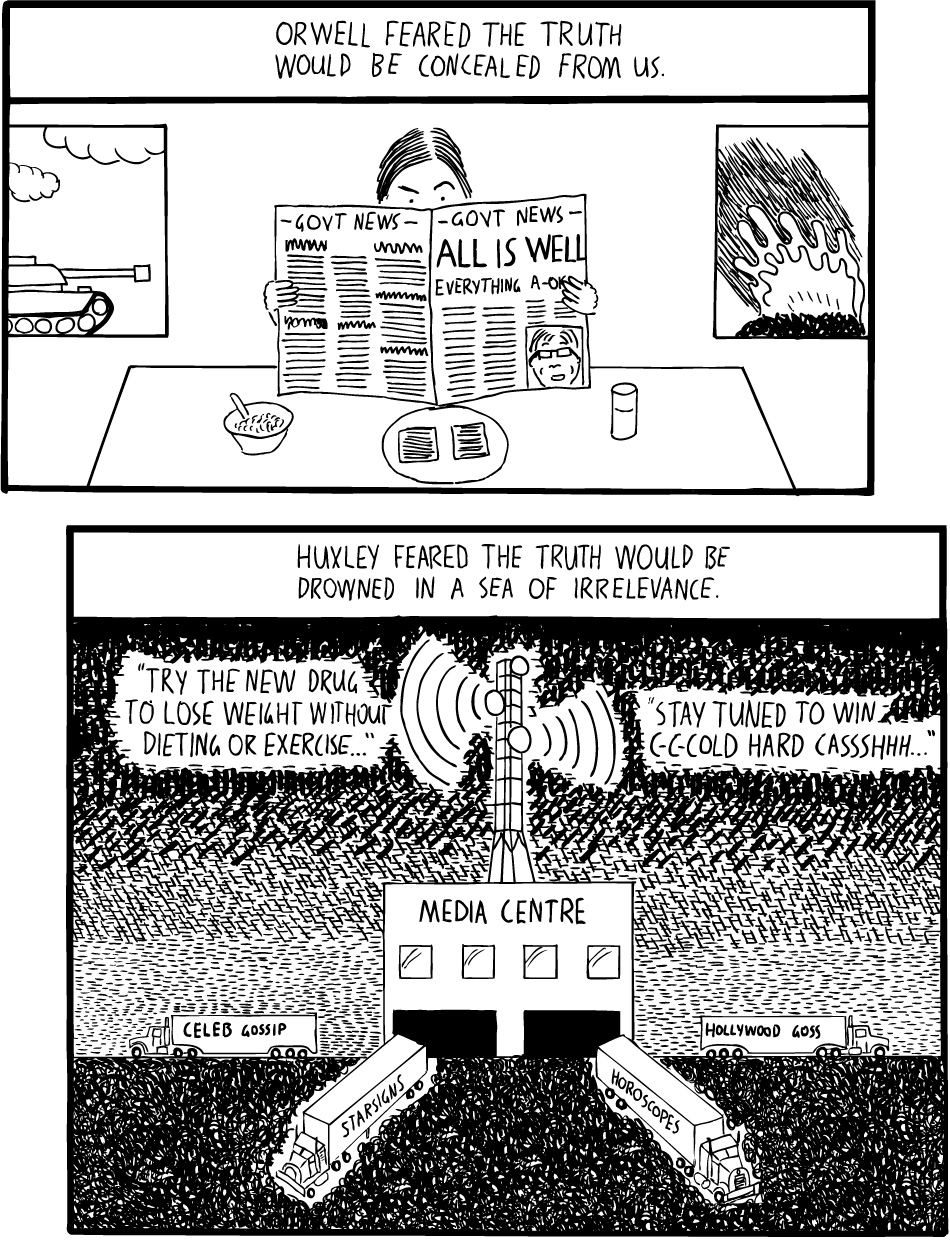 Last August, I wrote a blog post that compared the Toyota recall frenzy of 2010 to the Audi 5000 frenzy of 1986. At that time, there were reports that investigators were having trouble finding any “sudden acceleration” problems tied to the Toyota electronics.
Last August, I wrote a blog post that compared the Toyota recall frenzy of 2010 to the Audi 5000 frenzy of 1986. At that time, there were reports that investigators were having trouble finding any “sudden acceleration” problems tied to the Toyota electronics.
Four months later, I followed up with a post that covered the sensational media reporting of ABC News’ Brian Ross. The February broadcast — in the thick of the media frenzy — featured dramatic footage of driver tests that pointed to software/electronic problems with Toyota vehicles. The report leaned heavily on findings of a professor of automotive technology, whose work was commissioned by a paid advocate for trial lawyers (not disclosed in the original ABC News broadcast). Tsk, tsk.
Earlier this week, federal investigators confirmed that there is no evidence of electronic failures that led to Toyota sudden acceleration incidents. Thus, the circle is complete – the Toyota 2010 situation is the doppelganger of the Audi 1986 situation. Both situations point to “pedal misapplication” as a likely cause in most of the reported accidents. Both situations end with calls to move the brake and accelerator pedals a little further apart to avoid such confusion.
Summarizing this situation now is difficult, but this is a good callout from Jeffrey Liker’s post on Harvard Business Review blog:
So who won in this debacle? Journalists who wrote speculative and poorly researched sensational articles got a lot of internet hits. NHTSA got a lot of attention, a larger budget, and a reputation for toughness. It remains to be seen whether the lawyers suing Toyota will get anything. American drivers got a paranoid auto industry that will recall vehicles at the drop of a hat. There will be some positive safety policies relating to how runaway cars are shut off in an emergency, and we all may get “black boxes” that record our recent driving actions. And Toyota got a crisis that drove it to reflect intensively and to make dramatic changes to improve its responsiveness to customer concerns, so likely will emerge stronger — but lost billions of dollars of value in the process.
Other implications? Continue reading Toyota recall aftermath: many protagonists fail inspection


 Consider these events:
Consider these events: